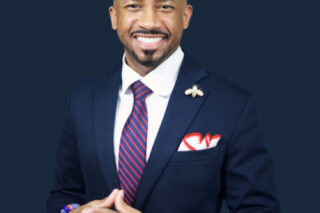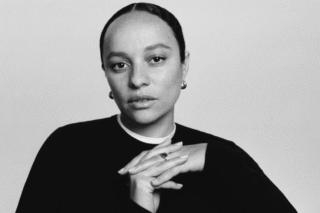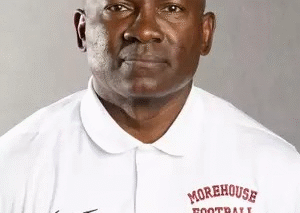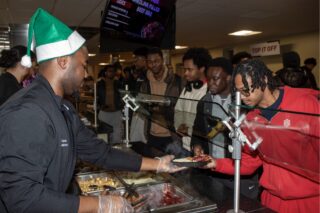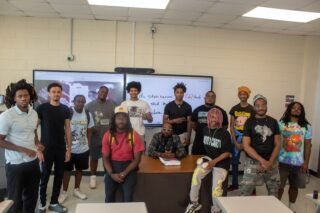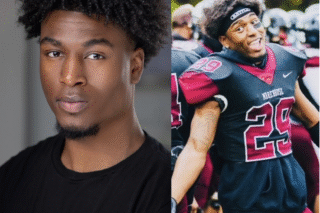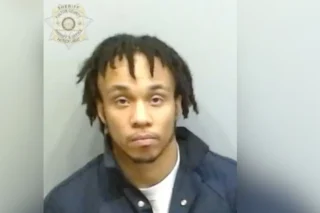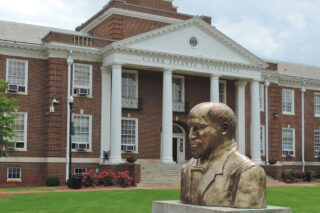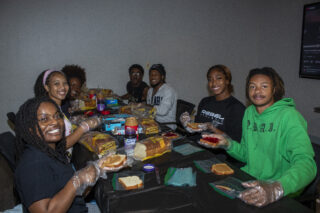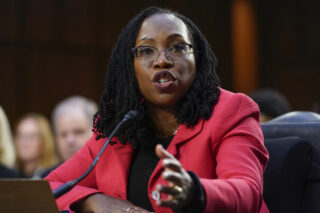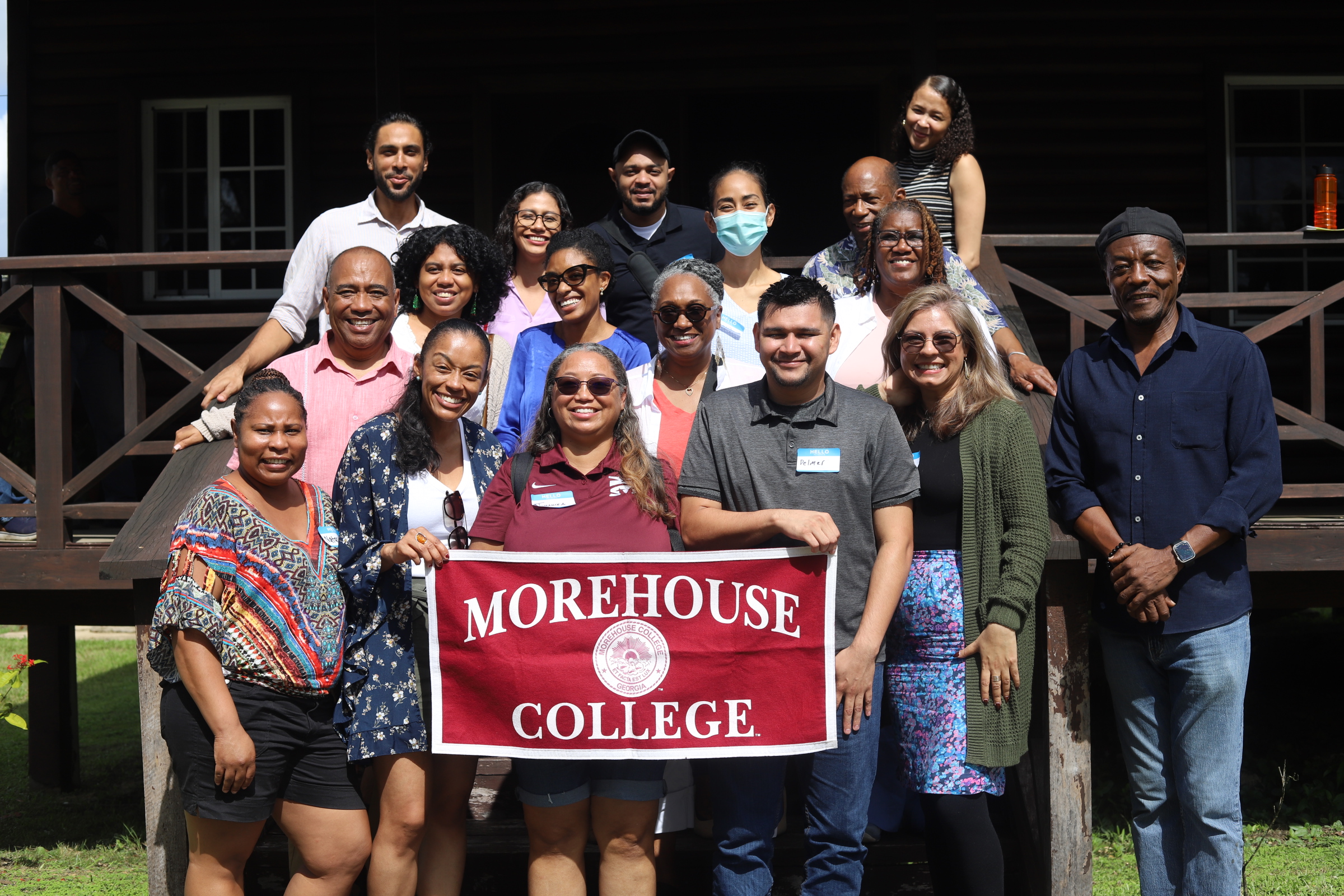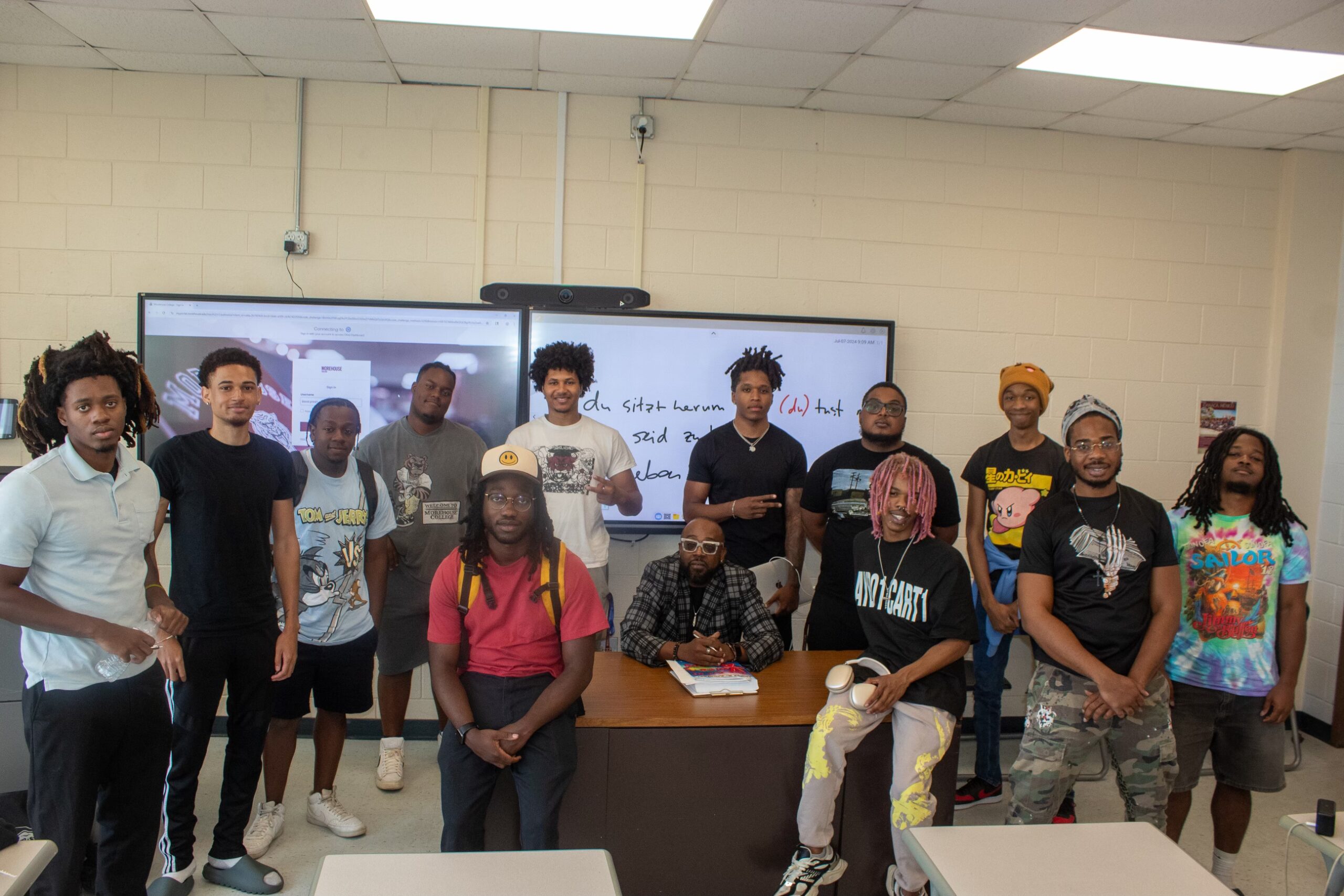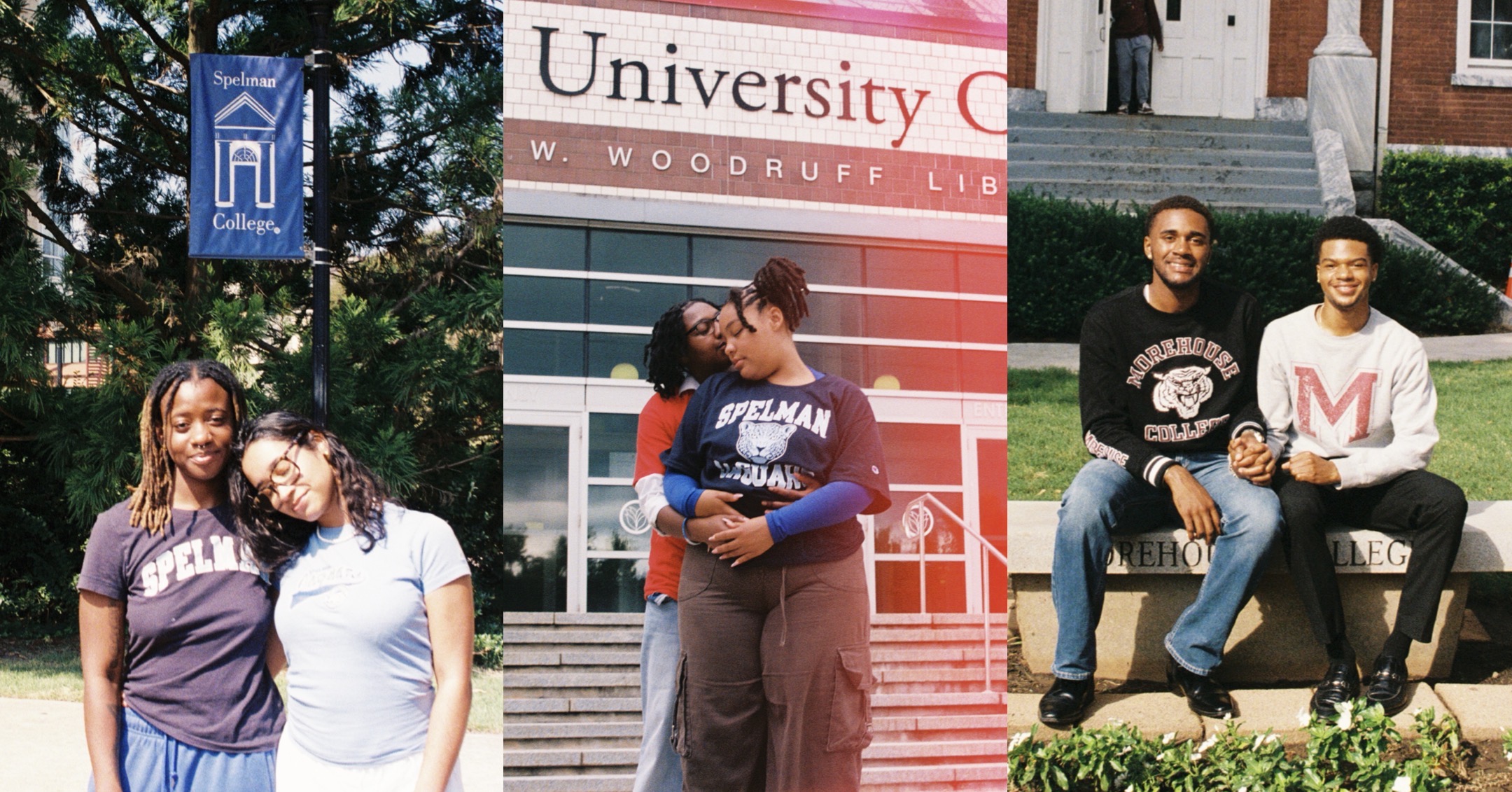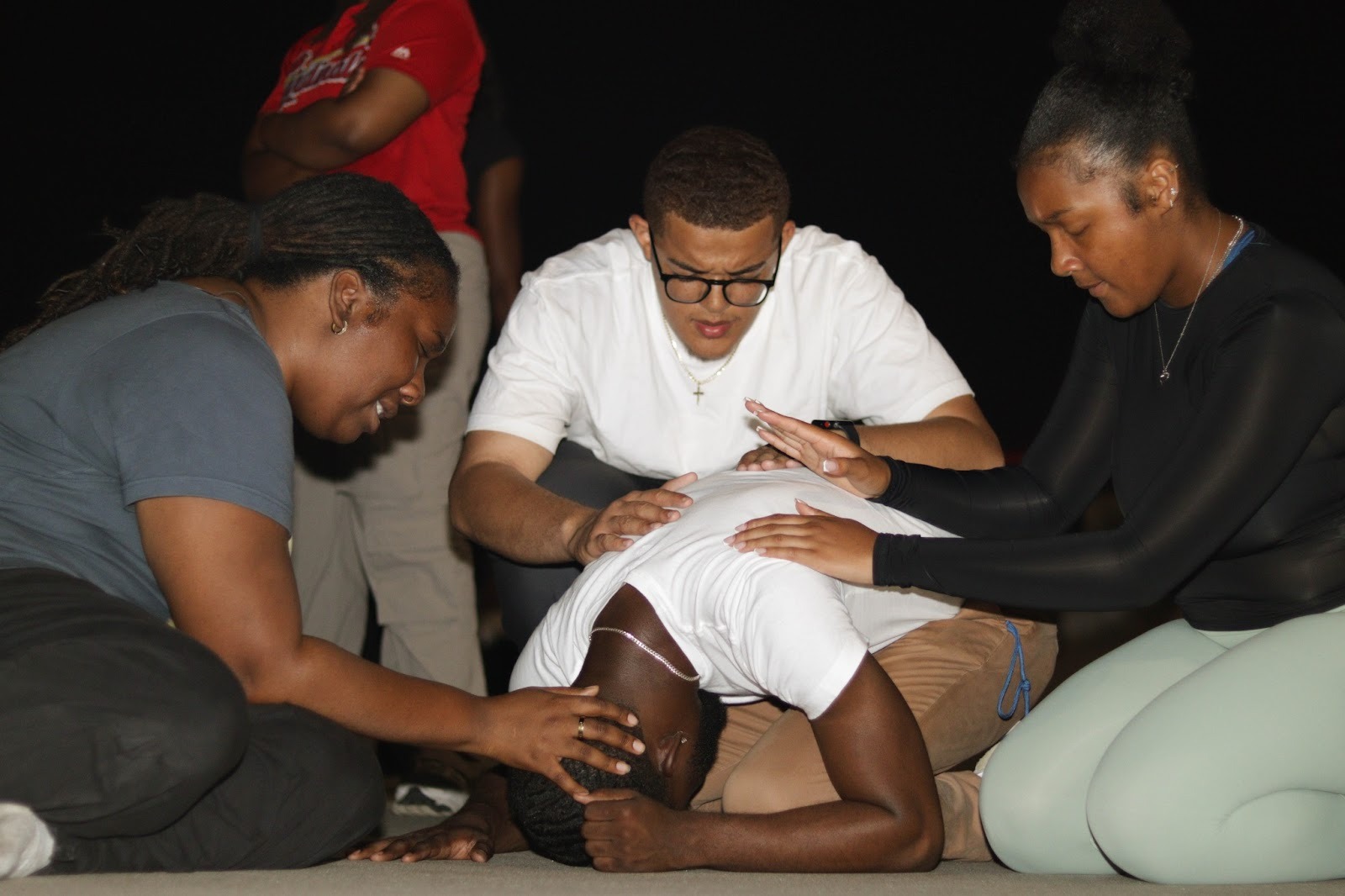Photo by Andy Harris
By Doctor Tiffany Bussey, Contributing Writer
It is often said that “Home is where the heart is,” which implies wherever one finds love, that is our home. I’m fortunate to call two countries home. I was born in the most southern part of Belize, in the small village of Punta Gorda which sits on the border of Guatemala and Honduras. I left Belize to attend college in the USA as an international student in 1986 and have since also called the United States my home.
Fast forward almost 40 years, I find myself at Morehouse College in a unique role straddling the fence of higher education shaping young minds with business and life skills, and the business world empowering Black businesses to build and scale. For the past 10 years, I’ve been a part of the MPAGE (Morehouse Pan-African Global Experience) team designing educational abroad experiences that look at the impact of the Transatlantic Slave Trade on global Afro-descendant populations.
As a team, we’ve executed trips to Cuba, Brazil, Ecuador, Ghana, and Columbia. As we discussed and debated our next location, Belize (the only English-speaking, Afro-descendant country in the Americas) would come up time and time again, but I would discourage the group from going. No explanation, I was just not ready. However, as we started to get out of the pandemic and resumed educational abroad programs I was moved and suggested to the group, “Why not Belize?” – and so we did.
We had the most amazing 12 days from Dec. 10-Dec. 21, engaging in intellectually stimulating lectures from some of the country’s most-known historians and scholars. One of the highlights of the trip for me was meeting with my old classmates now serving in key leadership positions; from the Minister of Education, the Honorable Francis Fonseca, to the Mayor of the capital city of Belmopan, the Honorable Sharon Palacio, and the Dean of Student Services, Dr. Martin Cuallar.
We learned about the ethnic groups of the country: Creoles, Garifuna, Mayans, Mestizos, and Mennonites; investigated the prolonged historical and structural systemic impact of colonization, and debated the ways in which it shows up in current-day Belize. Our group of 25? students, faculty, and staff cooked a Garifuna meal called Hudutu, did a service project building trash receptacles to keep garbage off the beaches and out of the oceans, swam with sharks off the largest Barrier Reef in the world and went searching for Howler monkeys in the rain forest.
I can recall, from when I was 6, some of the conversations at our kitchen table among my dad, a Creole man, the then Deputy Prime Minister and Minister of Defense & Home Affairs discussing issues of development. Does the country expand truism like Jamaica and other Caribbean countries, or does Belize do what we now know as Ecotourism?
You see, my dad was a visionary, and a diplomat at heart, a man of the people with humble beginnings. He was a key member of the team that fought for the independence of Belize from the British and took the referendum to the United Nations with a passionate address to the General Assembly on Oct. 29, 1980. Belize was granted independence in 1981. I witnessed those actions close up and in person.
My first teacher and the first person to introduce me to the concept of innovative problem-solving, was my daddy, the Honorable Carl Lindbergh Bernard Rogers, commonly known as C.L.B. Rogers (1928-1996).
I’m honored and humbled to have led the MPAGEII Belize program. Thank you, Morehouse, for allowing me to serve. Thank you to my colleague, sister, and friend, Dr. Cynthia Trawick, VP Kevin Booker, Journalism professors Ron Thomas and Nicole Carr, and the rest of the team Dr. Natasha Crosby and Tomanika Redd. We could not have done all the planning, recruiting, and executing at the highest level as we did without this team effort.
Biggest thank you to the 17 exceptional students who opened their hearts and minds and joined us on this amazing opportunity of experiential learning. I cannot think of a better place to serve students and help build businesses than at Morehouse, another place I call home. I do believe this is my life’s purpose.

